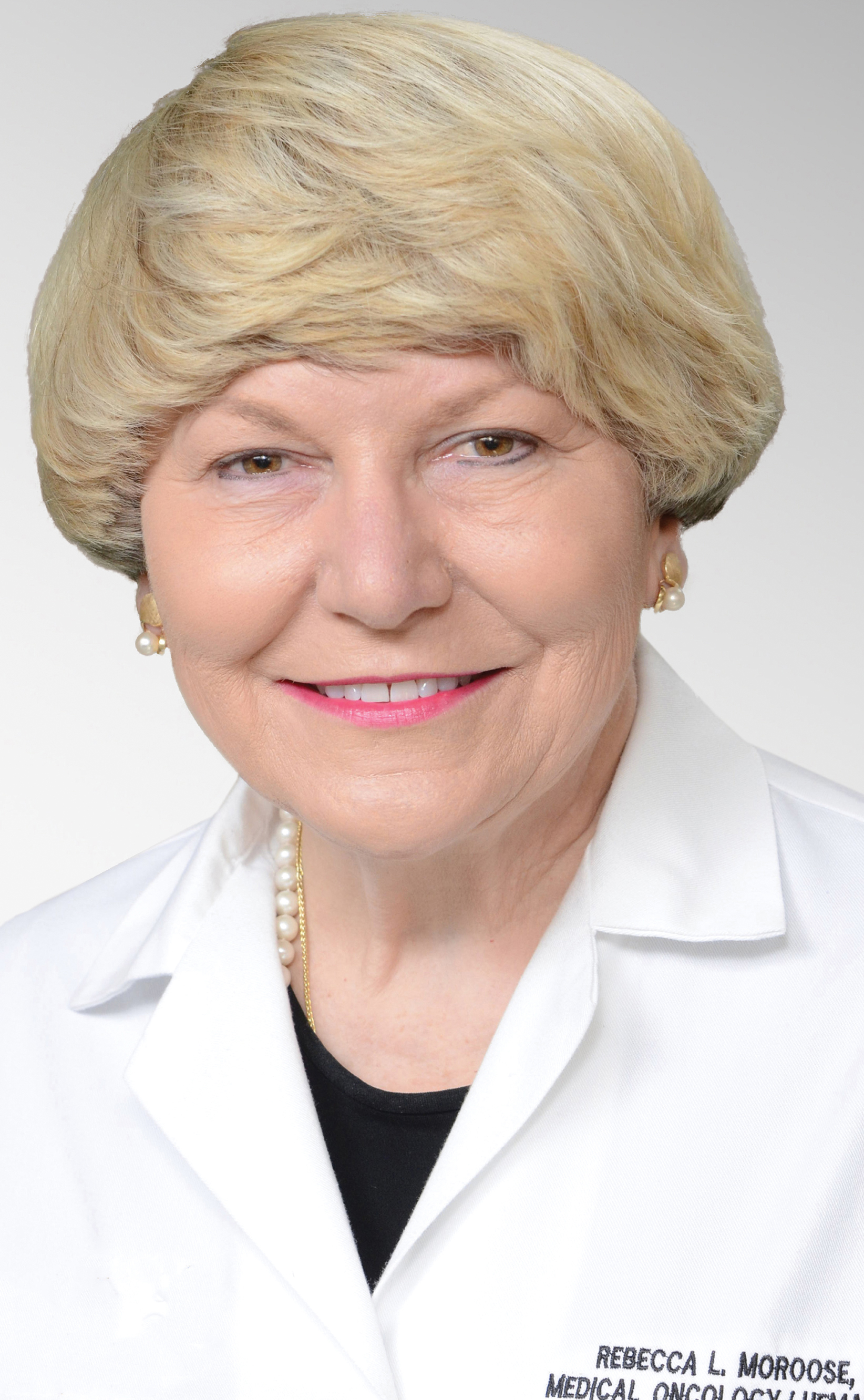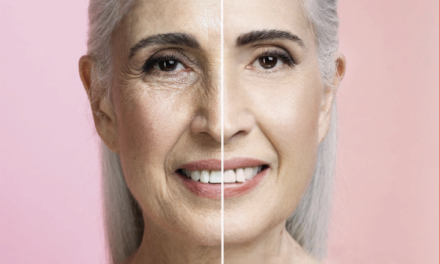
When you want to learn about your heritage, mail-away DNA tests can be fascinating and fun. But when those tests supply information that can lead consumers to poor healthcare choices, experts become concerned. Such is the case with 23andMe’s direct-to-home genetic test for BRCA1/BRCA2, which recently was approved by the U.S. Food and Drug Administration (FDA). The move enables 23andMe to become the first company to market its cancer-risk test directly to the public without a prescription. The test reports on three variants in BRCA1/BRCA2 genes known to be associated with higher breast, ovarian and prostate cancers.
“Simply spitting into a cup and sending it off to a testing company, with no medical support before or after, seems reckless,” says Dr. Rebecca Moroose, a board-certified medical oncologist and the director of cancer research and genetics at Orlando Health UF Health Cancer Center. “I worry women will say ‘I tested negative for breast cancer risk’ based on the results of these three variants and stop getting mammograms. Or test positive and become paralyzed by fear or make poor health care choices because of lack of education.”
Realizing the limitations of 23andMe’s test, the FDA issued a warning the test should not be used as a substitute for professional medical screenings: “Consumers and healthcare professionals should not use the test results to determine any treatments, including anti-hormone therapies and prophylactic removal of the breasts or ovaries. Such decisions require confirmatory testing and genetic counseling.”
Testing for three out of the thousands of mutations in the BRCA1/BRCA2 also is a very narrow approach. Only a small percentage of Americans carry one of these three gene mutations most commonly seen in women of Eastern European Ashkenazi Jewish descent. In addition to its limited target population, the test does not rule out other BRCA mutations known to increase cancer risk. “When we narrow the scope like this, we miss the vast majority of women at genetic risk,” says Dr. Moroose.
“Genetic testing is complicated and mutations provide a very incomplete picture of a patient’s total risk. Ninety to 95 percent of the time, a woman who gets breast cancer has no identifiable genetic mutation. When it comes to cancer risk and diagnosis, genetic testing is just a piece of the whole puzzle. ”
The 23andMe tests, which cost $199, work by analyzing DNA collected via a saliva sample at home that is sent to the company’s lab. Results are returned directly to the consumer, without doctor involvement. 23andMe touts deregulating these lab tests as an opportunity for people to quickly access information about their potential health risk. But doctors are concerned going directly to consumers without medical oversight will result in tests being misread or misinterpreted by patients.
When results come back to the Cancer Genetics and High Risk Center at Orlando Health UF Health Cancer Center, medical professionals go over them in detail. “A genetic counselor has an in-depth, one- to two-hour conversation with patients in a supportive environment about their results,” says Dr. Moroose. “We look at all the medical options, offer proactive options and try to empower our patients so they can make the best healthcare choices possible.”
For more information, contact the Orlando Health UF Health Cancer Center, Cancer Genetics and High Risk Center at 321.841.GENE.
Reducing Your Risks
To reduce breast cancer risks, researchers recommend that you:
- Get regular exercise
- Watch your weight
- Curb alcohol consumption
- Stop smoking – or never start






